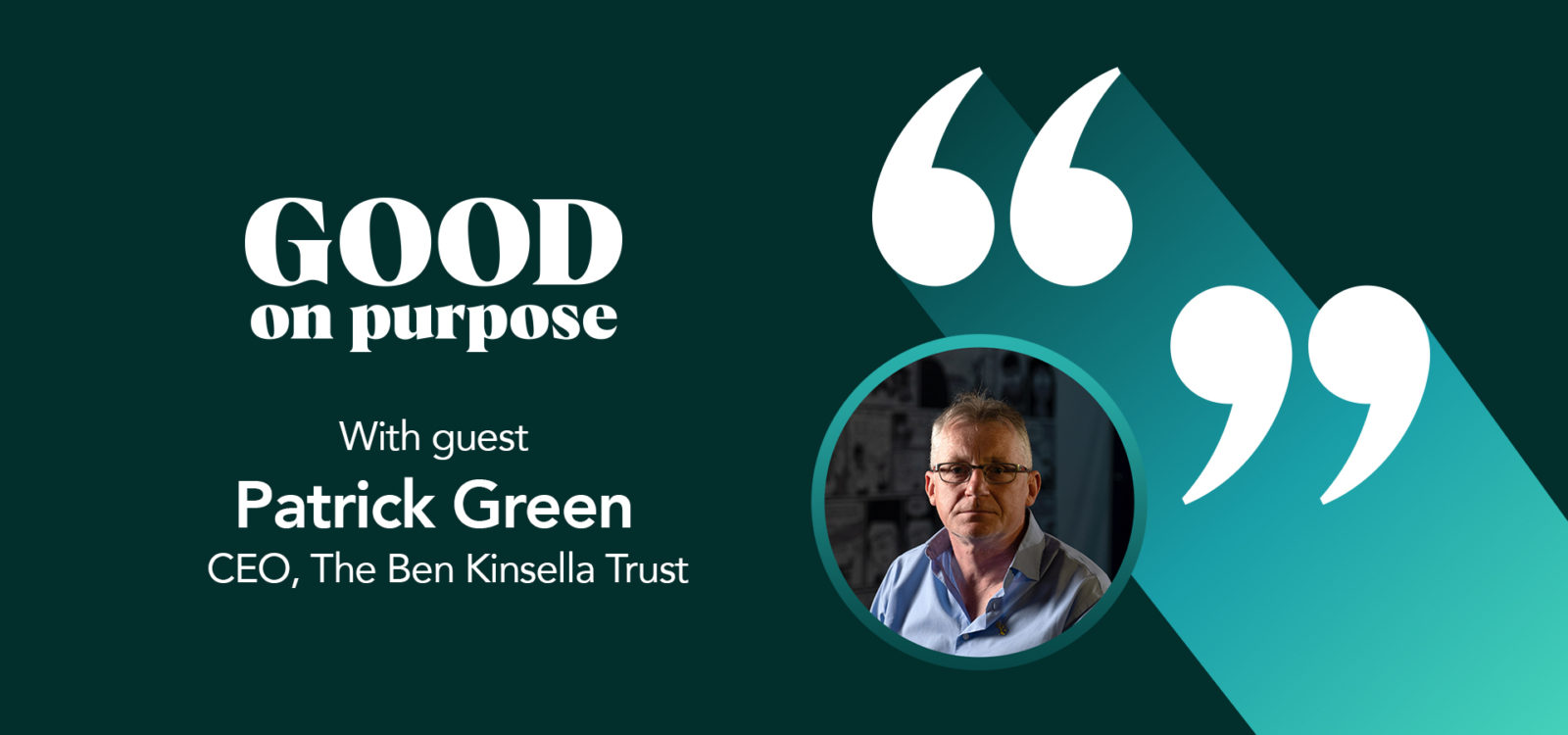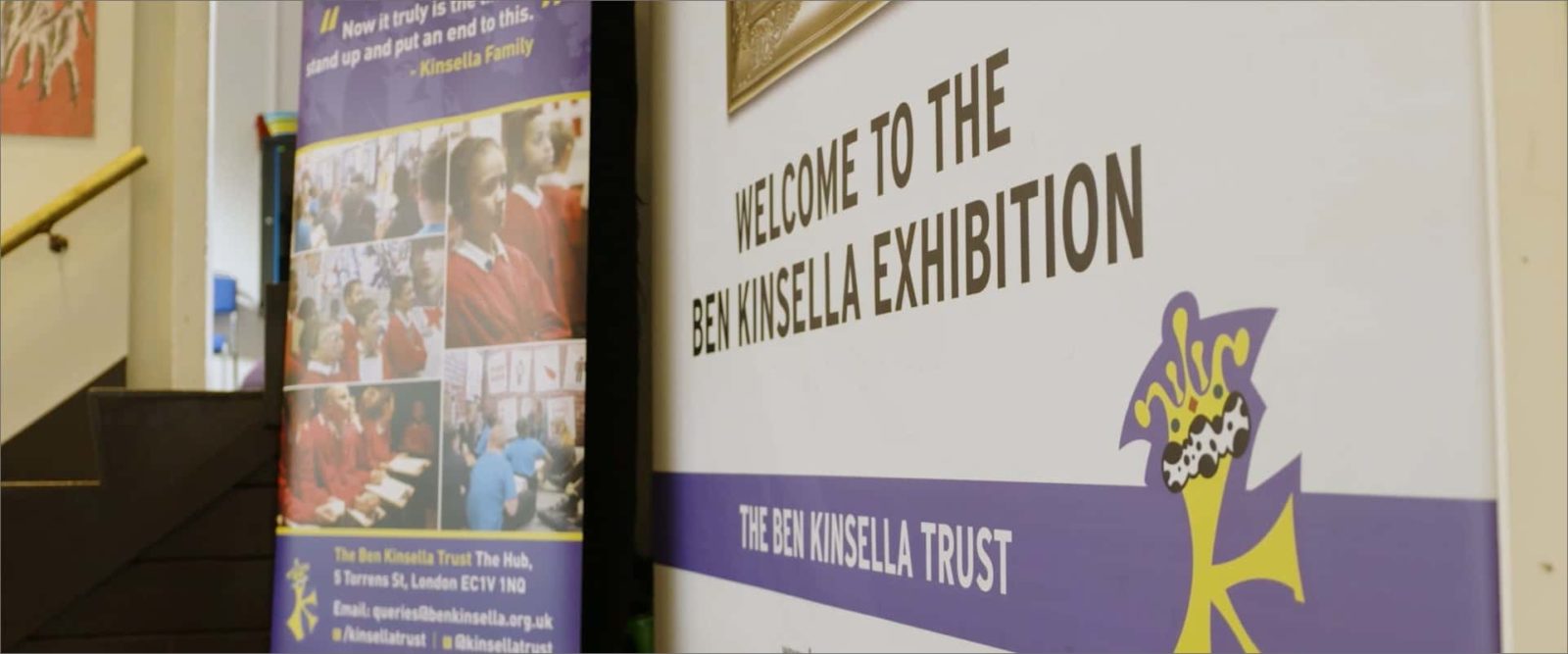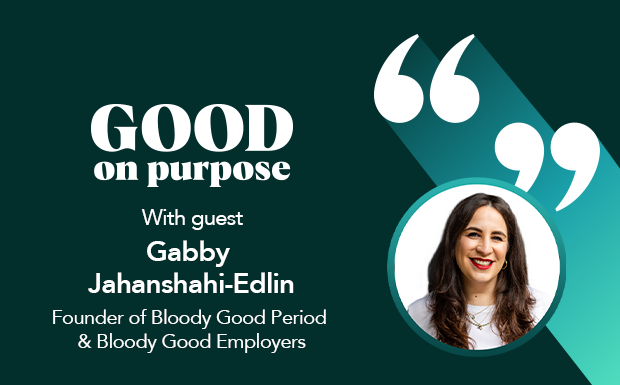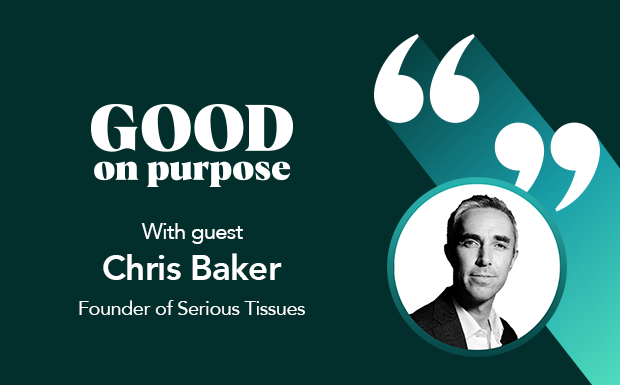
Patrick Green on: Why kids carry, and kill with knives
This episode covers the sensitive topic of knife crime, murder and violence against young adults and children.
This episode features Patrick Green, CEO of The Ben Kinsella Trust. This charity’s mission is to tackle knife crime through education and campaigning, and its vision is a society where no family or community suffers at the hands of knife crime.
Ben Kinsella was a teenager celebrating the end of his GCSEs when he was brutally murdered in 2008 by three men, over an incident that he had nothing to do with. Three men were eventually brought to justice. But the lives of Ben’s family and friends were changed forever.
Knife crime isn’t just a law-and-order issue, it’s a social issue.
We see reports in the media about knife crime, presented as a law-and-order issue… The position most of us take is that it should be sorted out through enforcement, policing, and the courts [and that itself] should offer a deterrent to stop [knife crime].
In fact, what we realise … is that it’s a deeper social issue, and the deterrent of law and order doesn’t always work. For many people, particularly young people who get caught up in knife crime and violence, it is mainly about their circumstances, and the social issues that surround them, that draw them into violence. As a society, one of the challenges that we’ve got to acknowledge is that sometimes, rather than help your most vulnerable young people and draw them into positive activities, they get drawn [into] the exact opposite way. Exclusions from school are a good example of how some of our more vulnerable people get lost to gangs who are willing to exploit young people for financial gain. We just seem to have a revolving door when it comes to the courts and knife crime.
Ben’s story
Ben was murdered as a 16-year-old schoolboy from North London. His family describe him as a very normal teenager. He was doing particularly well in school, he was on course to get A*’s in his GCSEs, which he did, although unfortunately, he wasn’t alive to open the envelope when it arrived. Ben was conscious of social inequality, he took it upon himself to write a letter challenging the then Prime Minister Gordon Brown, in terms of what he felt was the lack of protection given to young people, particularly in relation to youth violence. Ben was also an anti-bullying mentor at school, as this was something that was close to his heart.
Ben had been out at a local pub to celebrate the end of his GCSEs with his friends. On their way home, he and his friends realised they were being followed by three older teenagers. Scared and worried, they decided to run home.
But the older teenagers chased after them. They were seeking revenge for an altercation in the club that had taken place earlier that evening. Ben and his friends had absolutely nothing to do with the altercations, but when the older boys caught up with Ben, in an entirely unprovoked attack, they stabbed him to death.
The importance of mentorship
Mentoring is a hugely important part of helping young people on their pathway through their teenage years into adulthood. It comes in many forms, teachers play a massive role, but also outside the educational sector. Sports coaches, boxing, football, the arts, and music, all give young people an opportunity to do something that they’re good at and get a lot of self-respect from. They also get to learn from positive role models about making life choices, and they can observe those people in their daily life, the decisions they make, and how they handle difficult situations. For some young people that may not reflect their home life, and it may be one of the few positive role models they have around them.
Mentoring changes people’s lives, particularly young people’s lives, yet it’s one of the areas that has suffered most in the austerity cuts over the last 10 years. A lot of youth services, mentoring, and those positive role models have been taken away from so many young people. Yet you talk to anybody who’s turned their life around, they will usually mention somebody who, at some point, reached out to them, understood them in a way that nobody else had done, and helped them overcome some really, really difficult decision and change their life.
The role of social media
Social media plays a massive role in knife crime, and I don’t think they’ve done anything near enough to tackle this issue. The platforms are being misused, to promote content, which escalates and accelerates violence, leads to bullying and targeting of young people and has been used by gangs to groom young people. When we look at the fact that the government has had to create legislation and bring in the online harms bill, it says a lot about the fact that social media companies have not been active in protecting young people.
It’s a huge issue because social media and your online identity for this generation is huge. So, when that identity is challenged, young people feel they must defend it, and it isn’t something they can ignore. It seems to spiral out of control so quickly, you only have to sit in any of the courtrooms when cases of knife crime are being discussed and there’s barely a case that goes by where social media isn’t mentioned as an accelerator of what happened.



